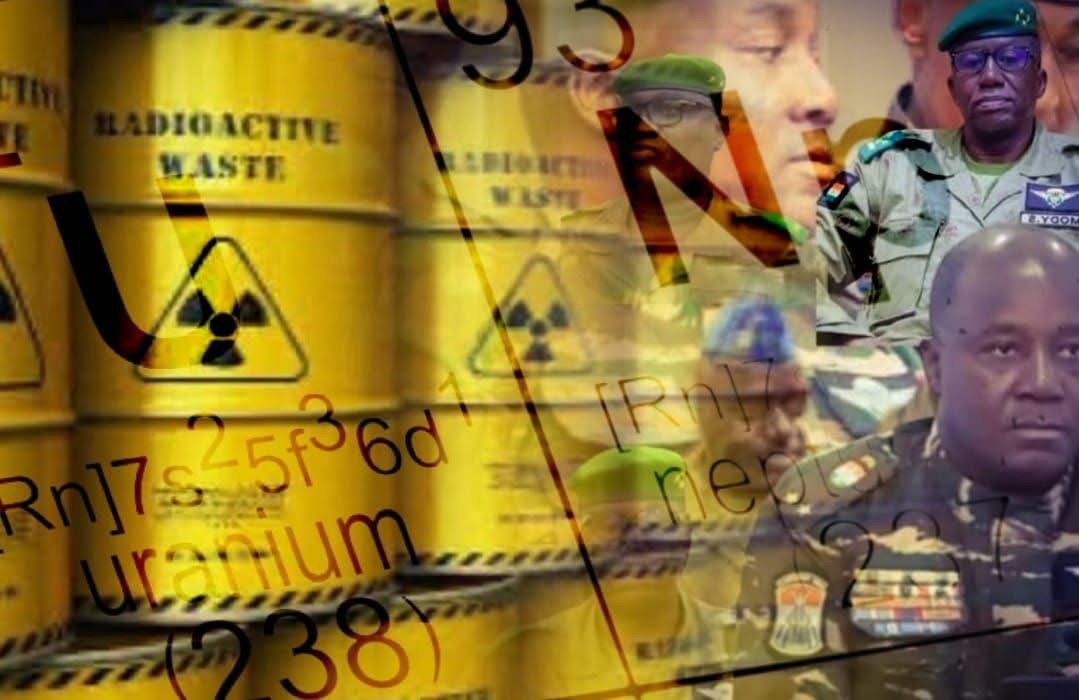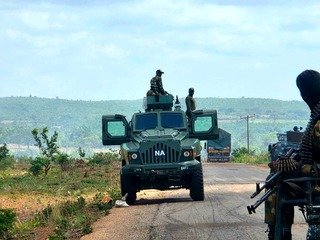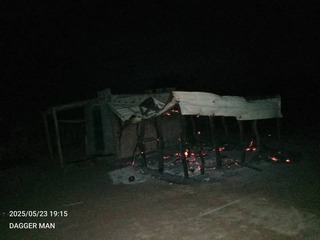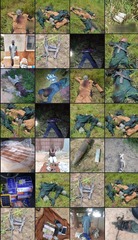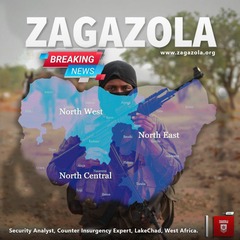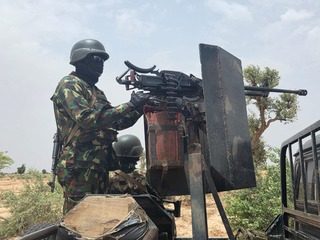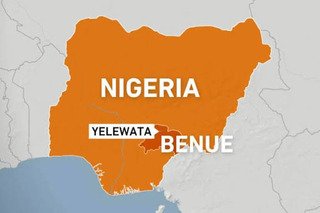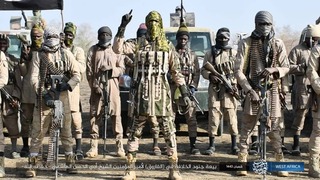Niger’s Junta in Urgent Bid to Sell Uranium Amid Cash Crisis
The ruling junta in Niger Republic is reportedly scrambling to offload a significant stockpile of uranium in a desperate attempt to shore up state finances, as the country grapples with a severe cash crunch, growing poverty, and a deteriorating security situation.
Recent reports indicate that Niger’s military leaders, struggling under mounting internal and external debt, have turned to China and Russia in a bid to secure a deal for dozens of tons of uranium stored in Arlit. However, Western powers, particularly the United States, have strongly warned against any sale of Nigerien uranium to Iran, setting a clear red line that could have serious geopolitical consequences.
The junta’s financial difficulties have become increasingly apparent in recent weeks. Niger’s Minister of Justice reportedly held discussions with magistrates, urging them to negotiate bail payments from certain detainees in exchange for their freedom. At the same time, tax officials have been aggressively shutting down businesses across Niamey to boost government revenue. Meanwhile, some security forces have faced delays in receiving their salaries, further highlighting the government’s fiscal struggles.
It is within this fragile economic landscape that the junta has intensified efforts to sell uranium, one of Niger’s most valuable natural resources.
Initially, Niger approached Chinese buyers, who expressed interest in purchasing 200 tons of uranium. However, at the last minute, the deal collapsed, leaving the junta scrambling for alternative buyers.
Desperate to push through the sale, Niger’s military rulers reportedly turned to an underground Russian company. According to intelligence sources, a clandestine plan is being put in place to fly the uranium out of Agadez, with a Russian linked company facilitating the transaction. The aircraft would reportedly land in Niger with the transaction value in U.S. dollars, load the uranium, and depart.
To cover their tracks, the junta is said to be forging documents to facilitate the sale through specialized state services. However, concerns have emerged that this Russian middleman may be acting on behalf of Iran, a move that could trigger serious diplomatic and economic repercussions.
U.S. Warning: “A Red Line Not to Be Crossed”
The reported connection between Niger’s uranium and Iran has drawn the attention of the United States, which has taken a firm stance against any such transaction.
A high-ranking U.S. delegation, including Molly Phee, former Deputy Secretary of State for African Affairs, Celeste Wallander, Deputy Secretary of Defense for International Security Affairs, and General Michael Langley, head of AFRICOM, visited Niamey on March 12, 2024, to directly warn the junta against selling uranium to Iran.
During a tense meeting with Prime Minister Ali Mahamane Lamine Zeine and Colonel Ibro Bacharou (alias “Souley Mai Konco”), the U.S. officials reportedly made it clear that selling uranium to Iran would cross a serious geopolitical red line.
Sources say that the head of the Nigerien junta distanced himself from the uranium sale, claiming that Ibrahim Moussa Gro, a special adviser on mines, had independently engaged in talks with Iran. However, observers believe this was merely an attempt to deflect blame and ease U.S. pressure.
Strengthening Niger-Iran Ties
Concerns over Niger’s uranium dealings with Iran intensified after Prime Minister Lamine Zeine visited Tehran in January 2024, a trip that resulted in closer economic cooperation between the two countries. Shortly after, a high-level Iranian delegation led by Deputy Foreign Minister for Economic Affairs, Dr. Mehdi Safari, traveled to Niamey on February 21, 2024, for further discussions.
Western intelligence sources suspect these engagements laid the groundwork for uranium sales to Iran, prompting the U.S. diplomatic intervention.
Meanwhile, Niger’s uranium industry is also entangled in legal disputes with foreign investors. French nuclear giant Orano has filed a second international arbitration case against Niger at the International Centre for Settlement of Investment Disputes (ICSID) in Washington. This follows an earlier case brought before the OHADA court in Abidjan. Orano accuses Niger of blocking its uranium exports, jeopardizing 900 jobs, and halting the redevelopment of the COMINAK mine, a project originally budgeted at 124 billion CFA francs ($206 million) over 20 years.
Canadian mining company GoviEx has also taken Niger to international arbitration over a contractual dispute. However, reports indicate that the junta has been forced to seek a settlement, realizing that the legal battle could further complicate Niger’s uranium sales on global markets.
Niger’s ruling junta finds itself in a precarious position, facing severe financial hardship, international scrutiny, and legal battles over its uranium industry. While the government seeks to liquidate its uranium reserves to fund state operations, the involvement of Russian intermediaries and possible links to Iran could jeopardize relations with key global powers and invite further diplomatic isolation.
With Western powers closely monitoring Niger’s actions, any unauthorized uranium sale could trigger sanctions, economic penalties, and increased geopolitical tensions. For the junta, the challenge lies in balancing economic survival with the risk of international backlash a gamble that could determine Niger’s future on the world stage.

